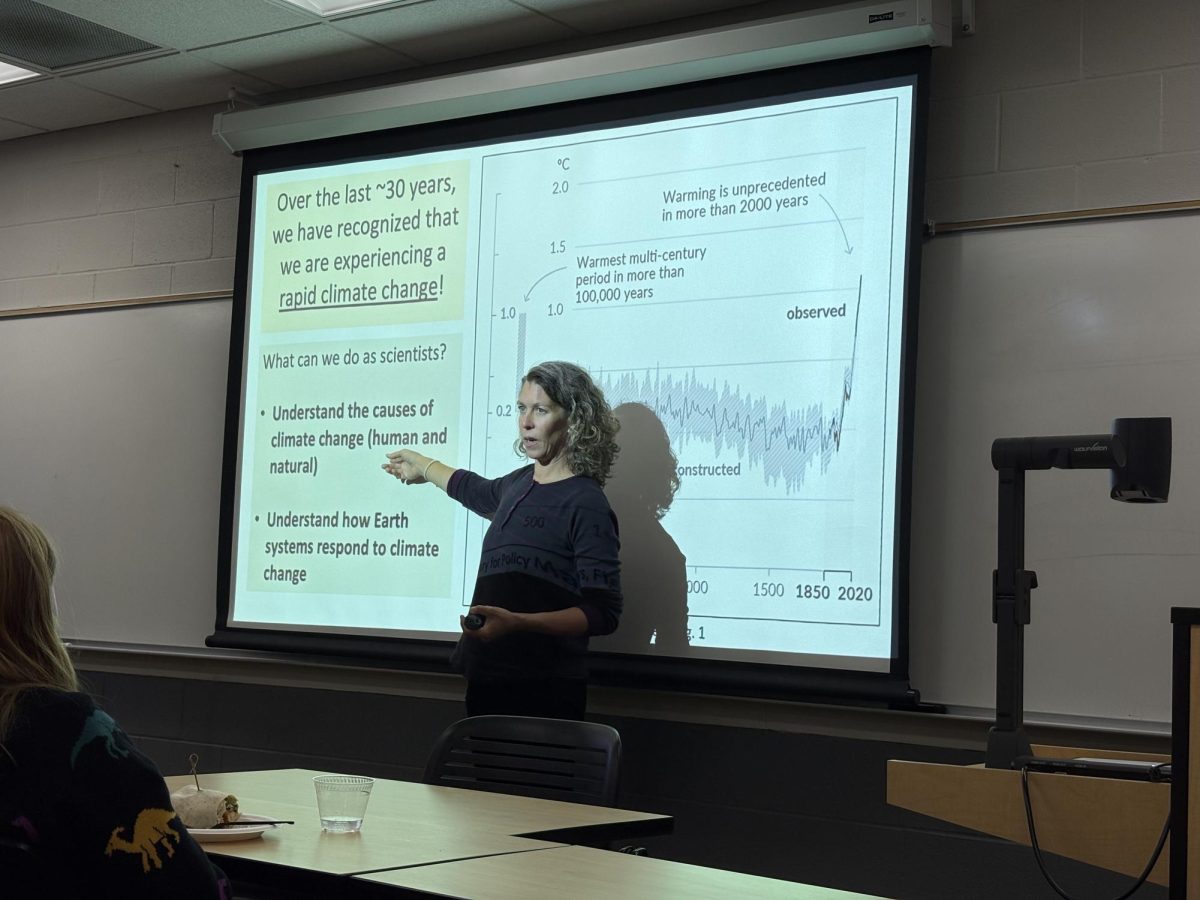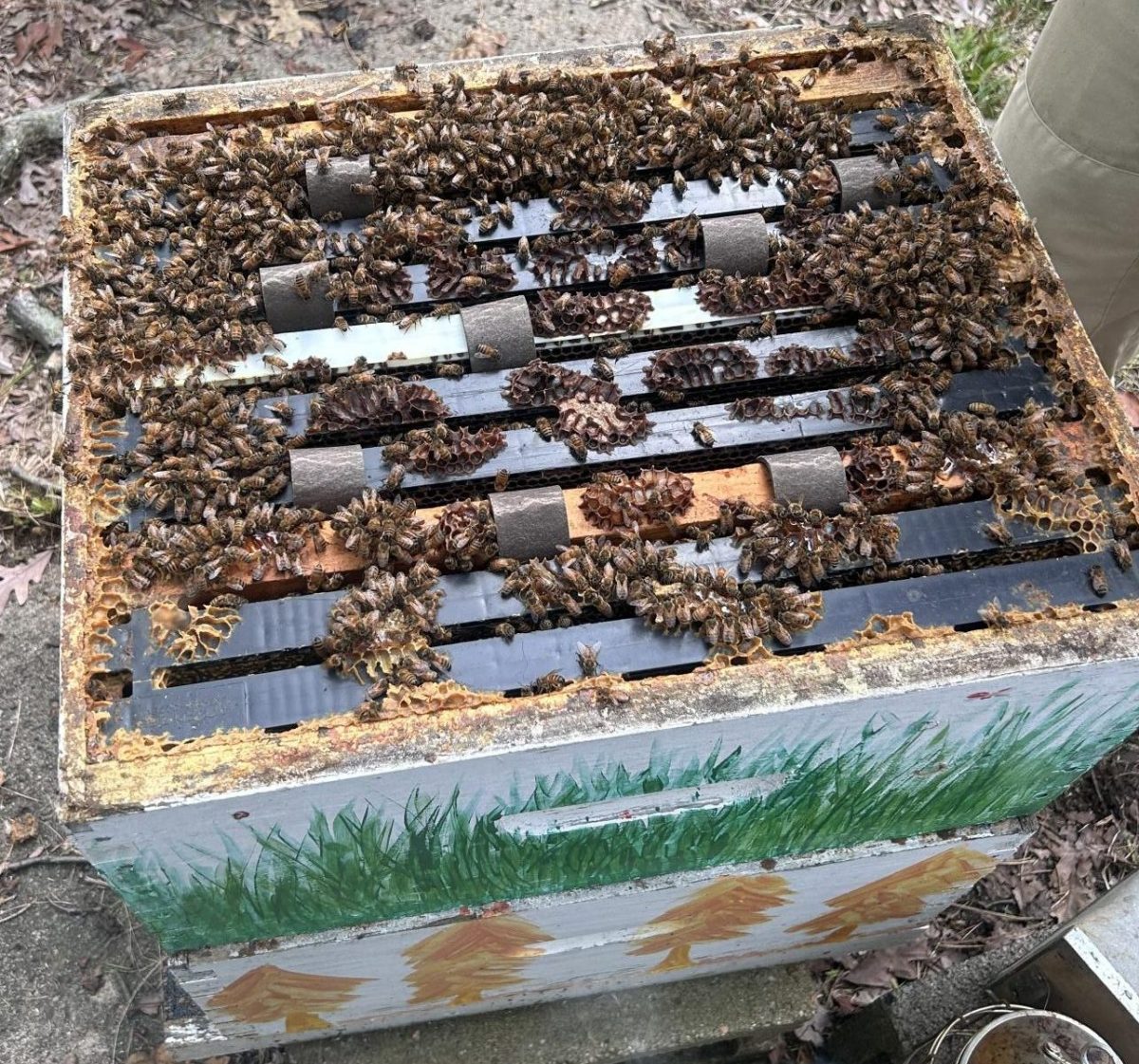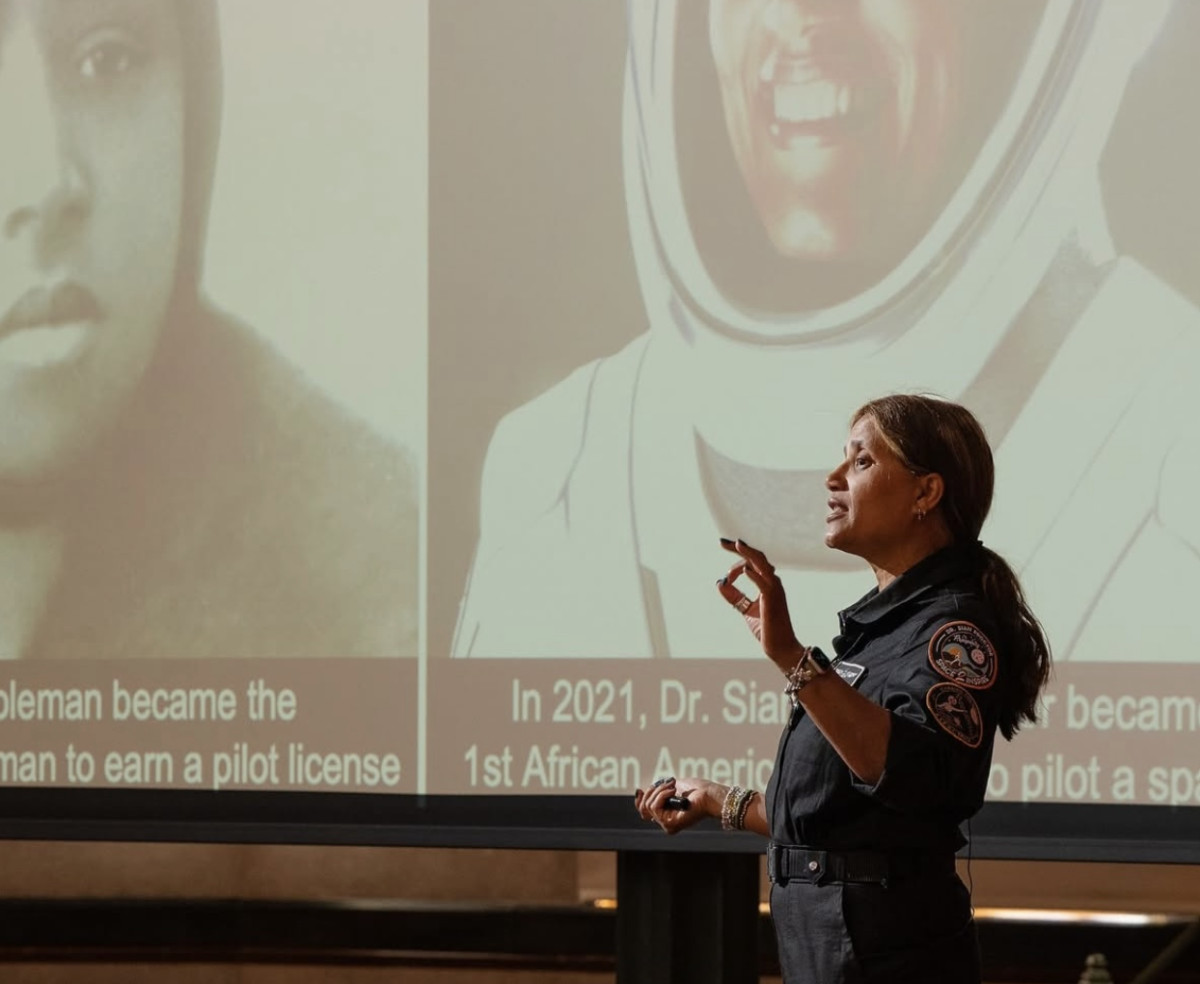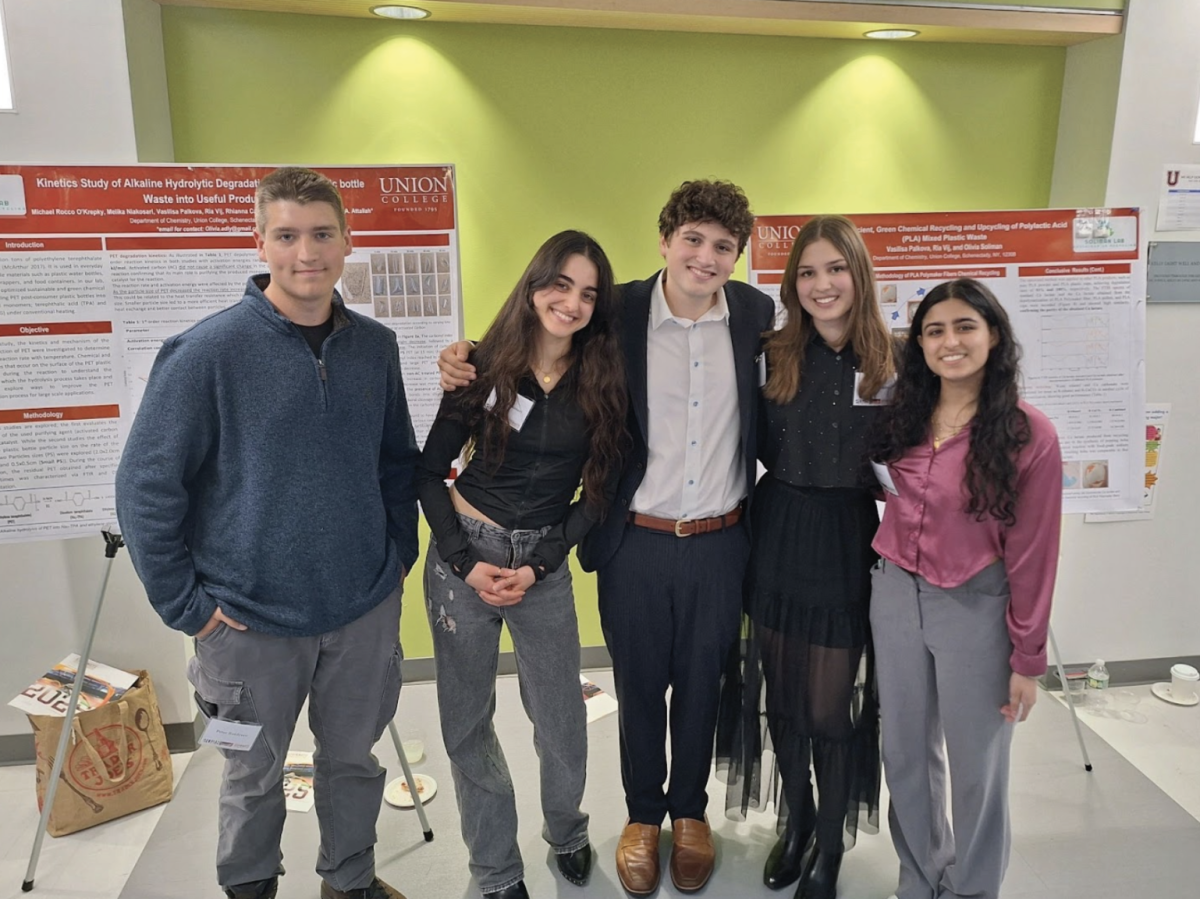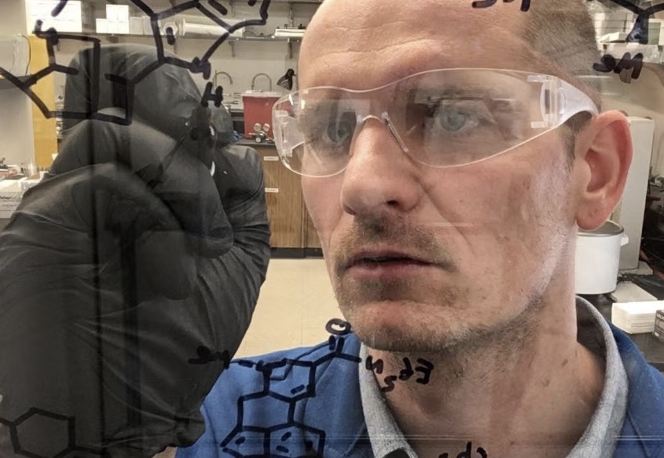In a groundbreaking exploration bridging microbiology and artificial intelligence, Dr. Georgia Dong taps into the largely uncharted territory of microbial genetic diversity present on human skin, illuminating the dark matter of microscopic organisms with which we unwittingly coexist. Her specialized talk, presented on October 5, at Olin 115, delved into the complex universe of microbial genetic diversity, with a spotlight on skin-associated staphylococci. This vast universe, home to trillions of microbial cells — of which merely a fraction has been scrutinized in laboratories — extends beyond our common knowledge yet plays a pivotal role in clinical outcomes. Staphylococci, a genus of bacteria that gracefully inhabits our skin, can play divergent roles, as exemplified by the notorious pathogen Staphylococcus aureus and its peaceable relative, Staphylococcus epidermidis.
Having obtained dual majors in Biology and Computer Science from Bard College, and the opportunities to refine her skill sets during a focused PhD at Dartmouth College in the lab of Dr. Deborah Hogan, Georgia combines computational tools and machine learning algorithms to sort through the voluminous, high-dimensional data derived from these microbes. Her methodology intertwines the robust performance of ‘black-box’ machine learning and the interpretability of linear correlations, providing a scalable algorithm capable of paralleling the expanse of microbial diversity. This approach not only paves a path for analyzing novel genes from the two aforementioned microbes but also beckons a future where technological and biological sciences walk hand in hand to decode the mysteries of the microbial world. In her current postdoctoral role at the Jackson Laboratory for Genomic Medicine under in the lab of Dr. Julia Oh at the Jackson Laboratory, Georgia continues to marry these disciplines, revealing patterns in extensive data and rigorously testing molecular mechanisms, steadfast in her belief that the depths of a dataset can and should be relentlessly probed and analyzed by manifold minds.


